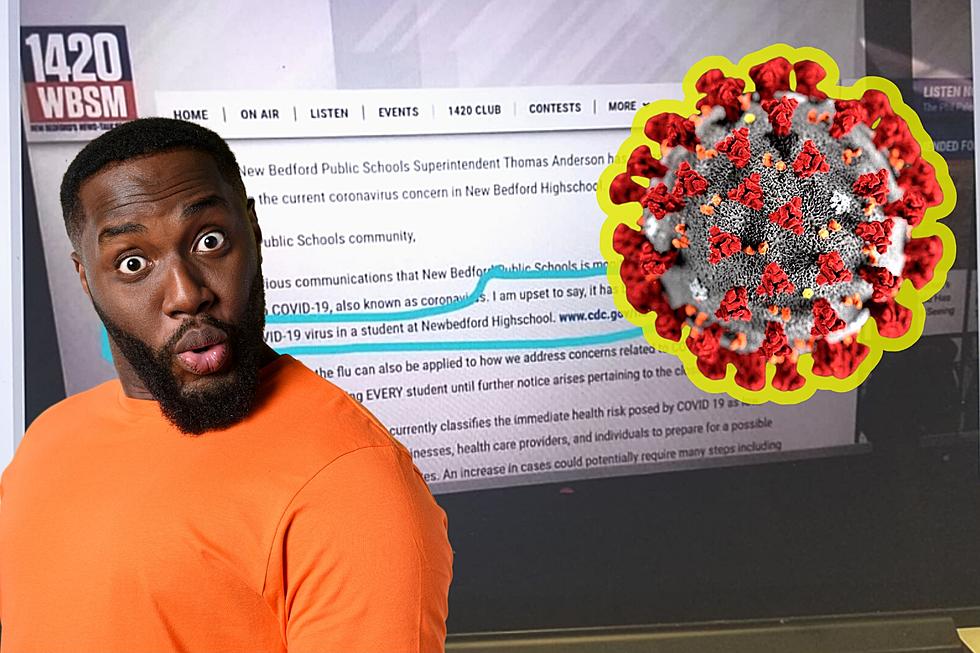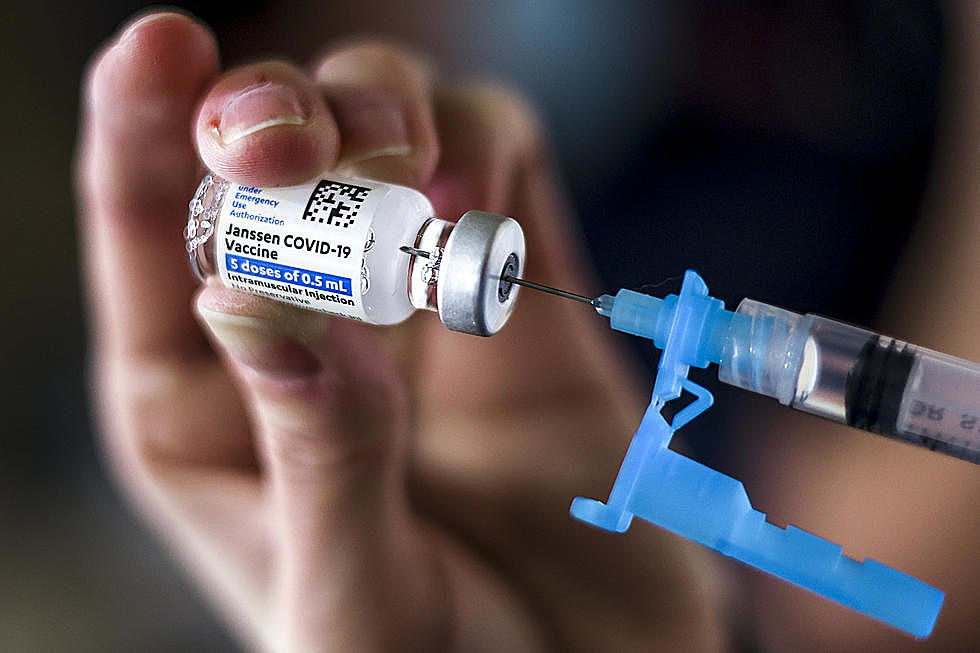![Who Lives and Who Dies? [PHIL-OSOPHY]](https://townsquare.media/site/518/files/2020/04/RS7246_sb10063567bi-001-scr.jpg?w=980&q=75)
Who Lives and Who Dies? [PHIL-OSOPHY]
Get ready, emotionally, to prepare for the real possibility that medical equipment such as ventilators may have to be allotted.
If a hospital is suddenly overwhelmed with patients in need of ventilators and there's only a certain number on hand, who gets the lifesaving equipment and who doesn't? On the battlefield, medics use Tactical Combat Casualty Care to guide their decisions. Commonwealth officials asked bio-ethicists and physicians to do the same and come up with guidelines and strategies to help hospitals if they choose.
It sounds contradictory that a physician, who has taken an oath to preserve life, is being forced to make an agonizing decision of which patient gets a ventilator and which one will probably die because he or she didn't get one. This happened during the post-9/11 anthrax mailings. Choosing between patients goes against their chosen profession, but a code of practice, as grim as it sounds, is needed when rationing is essential during a severe pandemic.
If that's not distressing enough, choosing what strategies a hospital uses to save the most lives is daunting. In Massachusetts, a score will be assigned to patients that gives greater importance to healthier patients who have a greater chance of survival. If you're in the medical profession, you get priority because you're important to helping others. You get preference if you're a woman further along in pregnancy, and if there's a tie in score, the younger person has the advantage. With all this in mind, some say a lottery would be fairer.
There's more to discuss, but for now, at least we got it on your radar. Some hospitals will come up with their own custom guidelines, and all hospitals hope they never have to implement any of this.
Phil Paleologos is the host of The Phil Paleologos Show on 1420 WBSM New Bedford. He can be heard weekdays from 6 a.m. to 10 a.m. Contact him at phil@wbsm.com and follow him on Twitter @PhilPaleologos. The opinions expressed in this commentary are solely those of the author.

More From WBSM-AM/AM 1420

![New Bedford Community Health Center CEO Gives COVID Update [TOWNSQUARE SUNDAY]](http://townsquare.media/site/518/files/2020/03/outbreak-coronavirus-world-1024x506px.jpg?w=980&q=75)
![How New Bedford Should Handle the Rise in COVID Cases [TOWNSQUARE SUNDAY]](http://townsquare.media/site/518/files/2020/06/GettyImages-1215276619.jpg?w=980&q=75)






